#Andy’s focus is lambing
Explore tagged Tumblr posts
Text
It’s the only thing that makes us both happy. We’re miserable apart. (Part 1)
It’s late at night and Andy’s only getting into bed due to the lambing and promptly falls asleep. Katie isn’t happy with Robert having texted her at night and goes on about the mess they’d cause it they got together but Robert reminds her, the damage is already done and they are a mess. Katie takes EQUAL BLAME with Robert about their situation. Jack whinging to Andy about Val staying at his but happy to hear Katie’s supporting Andy about buying the farm. Apparently, Robert and Katie have been talking for an hour about their situation and have no answers other than they can’t stand to be apart but can’t be trusted to be together.
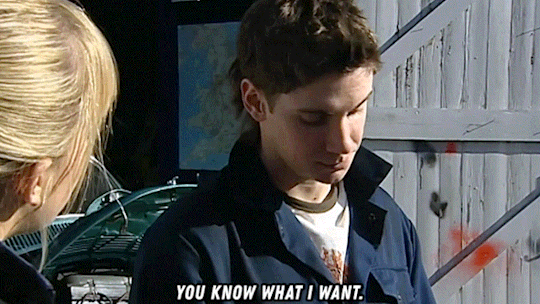
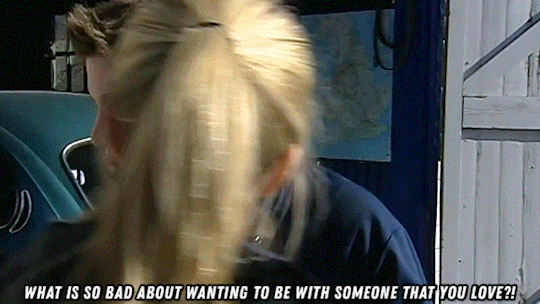
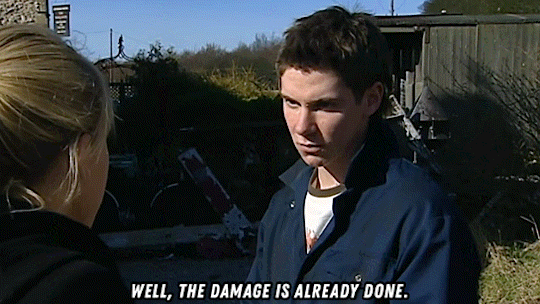
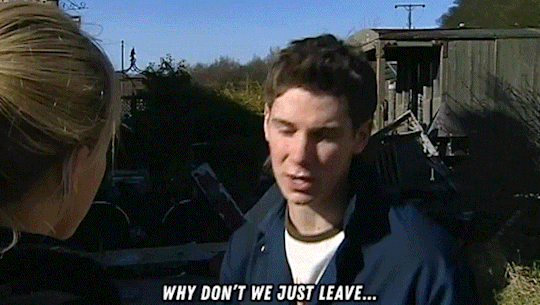
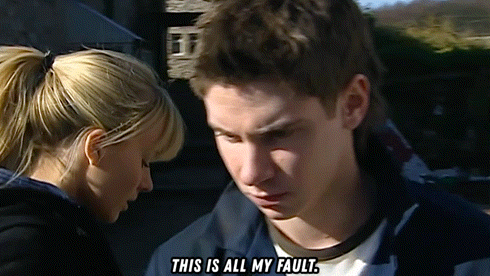
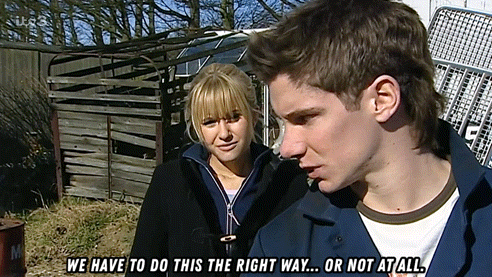
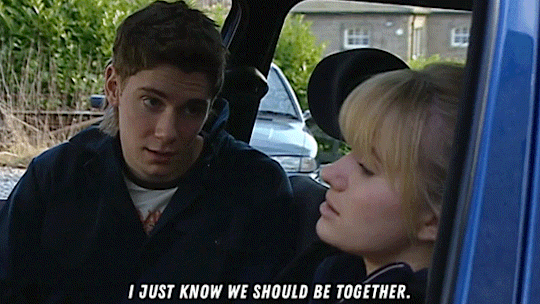
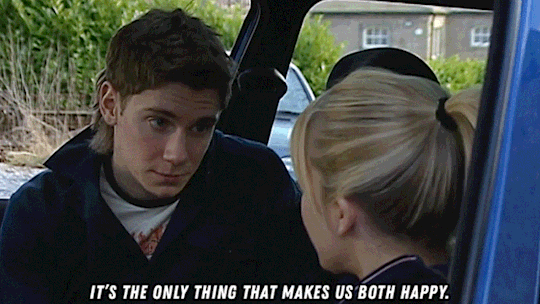
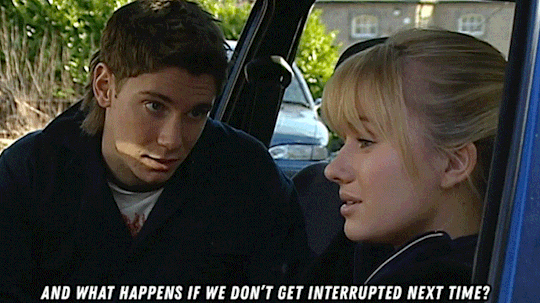
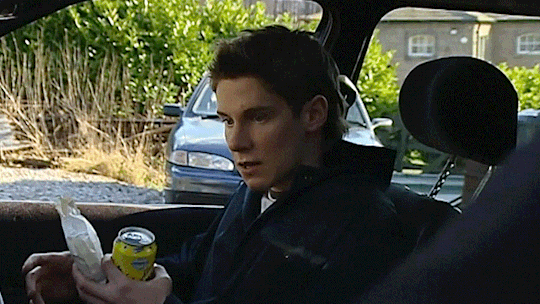
08-Apr-2004
#classic ED#classic ED Robert’s story#20040808#part 1 of the episode#episode 3708#classic ED 2004#200404#Andy’s focus is lambing#katie talking about the mess they’d create#robert and messes go hand in hand#katie taking part of the blame kudos#again thinking about our lads 😔#katie sugden#andy sugden#robert sugden#karl davies#jack sugden#len reynolds
3 notes
·
View notes